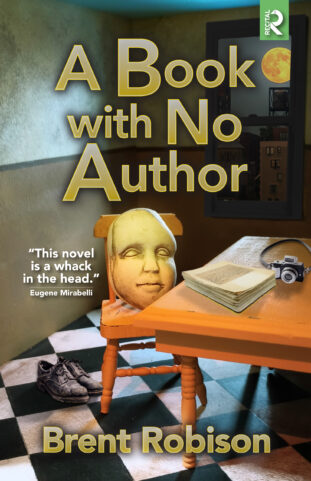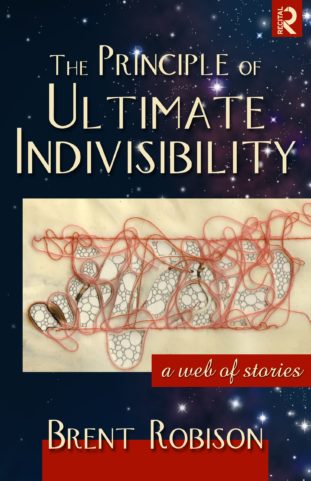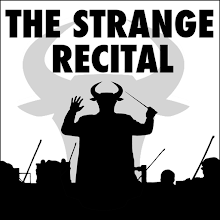The first three weeks of 2011 have been full of snow and labor, accompanied always by interweaving tendrils of thought rising like smoke and drifting away into nothingness, uncaptured. The phantom we call time flexes its invisible muscle and presses relentlessly forward, duties get done, and imaginings and insubstantial speculations fall away. But perhaps they fall like breadcrumbs, leaving a path to follow back if the birds don't eat them first.
I always hope to make pithy comments on books I'm reading, but they consistently slip into the past before I can speak, and I'm on to the next one. I can only trust that they're adding to the raw material of future creation. In 2010, I finished these (in no particular order): One: Essential Readings on Nonduality by Jerry Katz; The American Book of the Dead by Henry Baum; Remembering: A Novel by Wendell Berry; It's Beginnning to Hurt: Stories by James Lasdun; The Splendor of Antiquity by Cheryl Anne Gardner; Love in the City of Grudges by Will Nixon; Finders, Seekers, Losers, Keepers by Heather Rowland; The Lock Artist by Steve Hamilton; Light Can Be Both Wave and Particle by Ellen Gilchrist; The Long Goodbye by Raymond Chandler; The Manual of Detection by Jedediah Berry; This Is Not About What You Think and Living with the Truth, both by Jim Murdoch; Invisible and Sunset Park, both by Paul Auster; If I Love My Kid Enough by Sara-Jane Hardman & Jean Roe Mauro; Standing as Awareness by Greg Goode; Brushstrokes and Glances by Djelloul Marbrook. Only Jim Murdoch's poetry got any space on this blog, but some of the others are finding their way into blogs-in-progress or notes on future work.
Right now, I'm reading these: Biocentrism by Robert Lanza and Bob Berman, Einstein's Dreams by Alan Lightman, and For the Relief of Unbearable Urges by Nathan Englander -- all of them fueling the story creation factory in my head (or the general vicinity of my head...).
I've enjoyed pondering the implications of a 2008 study that showed that we are not consciously aware of making a decision to act until as much as seven seconds after the decision has already been made in our brain. This would seem to suggest that the much-worshipped "free will" that we take for granted as humans may be an illusion. Are actions predetermined? Discuss amongst yourselves.
I haven't yet found the connection between that and the mysterious way that reading aloud one of my long-unread stories brings sudden rushes of emotion in unexpected places, choking me up. This is why I have to rehearse before a public reading, so those moments don't take me by suprise in front of an audience. The subconscious is a... a what... a tangled net, a deep abyss, a powerful engine? All of those.
Now I'm entering a deliciously revolutionary approach to cosmology through Lanza and Berman's book Biocentrism. Solid science supports ancient mystical wisdom: perhaps there is no objective reality; there is only what we are perceiving in the here and now.
And so... all these thoughts and so many more roiling around in my mind, intertwining and spiraling, begging for expression, and when I can breathe deep and find a moment's stillness, I see that they are like the weather... they come and go, but still the sky remains. That's the real thing to explore: the space between the thoughts. Problem is, it can never be captured in words. So what's a writer to do?
Just let go.
Sunday, January 23, 2011
Subscribe to:
Posts (Atom)





